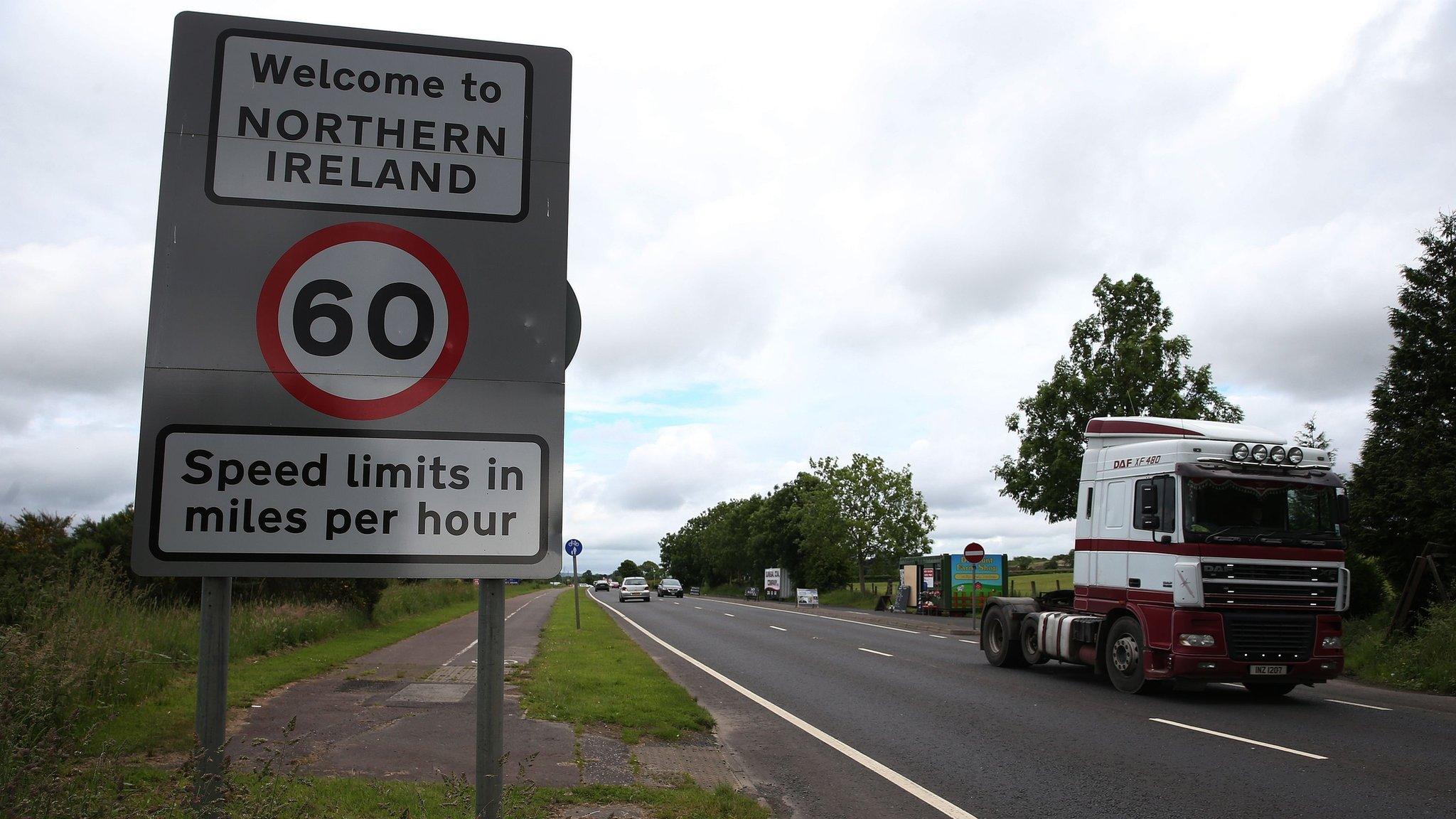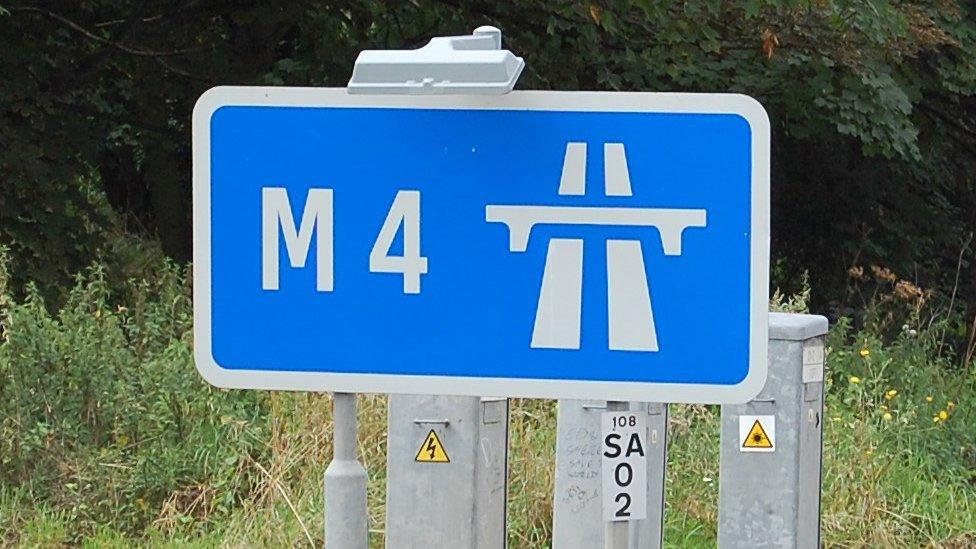Post-Brexit UK trade law threatens devolution, Senedd members warn
- Published
- comments

Senedd reports say the Internal Market Bill could profoundly limit its powers
The UK government is threatening to "undermine devolution", "impose its will on Wales" and "profoundly" limit the Senedd's powers after Brexit, it is claimed.
Three Welsh parliament committees have published damning verdicts on proposals to replace EU rules for businesses.
The UK Internal Market Bill is supposed to ensure trade continues smoothly after 1 January.
The UK government said it will "protect business and jobs" across Wales.
Critics say the Welsh Government could lose control of standards for goods and services through the bill.
However, Boris Johnson's government says it wants to avoid different regulations emerging in the UK's four nations after the Brexit transition period ends on 31 December.
If the bill becomes law, products and services will only need to meet rules in either England, Wales, Scotland or Northern Ireland, to be sold throughout the UK.
Opponents say that undermines law-making powers in the devolved nations, with the Welsh Government describing it as a "fundamental attack on devolution".
English-based companies operating in Wales, for example, might not need to follow new rules set by the Senedd.
As long as they comply with English regulations they would still be able to stock their products in Welsh shops.
How the UK's internal market may work from 2021
What do the reports say?
In its findings, the Legislation Committee said this would create an "unnecessary barrier to the Senedd's ability to make its own laws" creating "an unnecessary and uncalled for layer of complexity for consumers and businesses".
It said the Senedd should not consent to the bill - a symbolic move that would not stop it becoming law if approved in Westminster.
But in this case, the committee said, Westminster should listen to the Senedd because of the legislation's "profound effect on the devolution settlement".

Welsh Government ministers claim the bill could lead to UK ministers funding grammar schools in Wales
The bill also gives UK ministers powers to spend money on policies that have been devolved since 1999, such as economic development and transport.
Welsh Government ministers have even claimed it could allow the UK government to fund grammar schools in Wales.
Most Finance Committee members said the bill would "undermine the devolution settlement", although one - Abolish the Welsh Assembly Member of the Senedd (MS) Mark Reckless - disagreed.
In its report, the External Affairs Committee said the bill "seeks to impose the UK government's will on Wales, in a way that disproportionately favours the interests of England".
Senedd sources said a coordinated response by committees shows the level of concern in Cardiff Bay about the bill.
The UK government said the bill ensuring that "seamless trade" can continue between all four corners of the UK.
A spokesperson added: "61% of Welsh exports are to Scotland, Northern Ireland and England, amounting to over £30.1 billion according to Wales's latest figures.
"When the transition period ends, vast powers will surge from Brussels back to Cardiff.
"We urge the Senedd to support this vital Bill."
- Published8 December 2020

- Published9 September 2020

- Published10 October 2020
